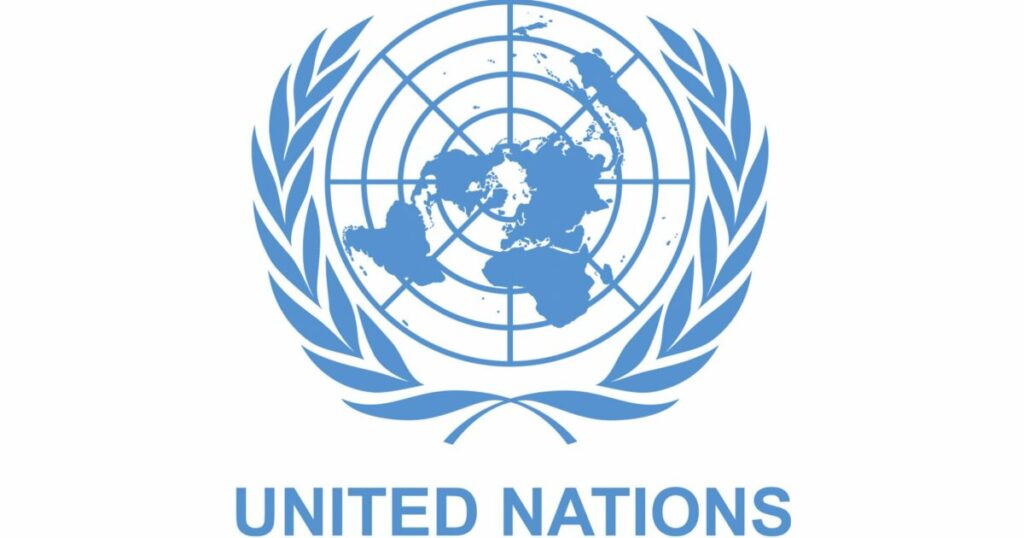The United Nations, at the 2025 annual climate adaptation event in Lusaka, Zambia, has made an urgent call for scaled-up investment to save lives, lift living standards and boost economic growth.
NAP Expo 2025 focused on strengthening countries’ capacity to advance National Adaptation Plans ahead of COP30 in Brazil and closing the financing gaps that threaten effective climate adaptation.
NAP Expo is an annual outreach event organised by the Least Developed Countries Expert Group under the United Nations Framework Convention on Climate Change, in collaboration with various bodies and organisations, to promote exchange of experiences and foster partnerships between a wide range of actors and stakeholders on how to advance National Adaptation Plans.
In a statement on Thursday, it was disclosed that the Expo also launched updated adaptation guidelines and helped countries to make use of new AI tools to build climate resilience, in many countries for the first time, among other key developments.
“Adaptation isn’t a bill we can skip. If we don’t fund it, the poorest pay in lost harvests, poorer health, and – at worst – with their lives. Around $300bn is needed annually for climate adaptation by 2030. Governments will spend this amount and much more, whether they like it or not, in rebuilding infrastructure destroyed by climate disasters and importing food due to ruined crops,” said Director of Adaptation at UN Climate Change, Youssef Nassef.
Zambia’s Minister of Green Economy and Environment, Mike Elton Mposha, said: “We must transform NAPs into investable and bankable plans attractive for investment, including by the private sector. It is also imperative to enhance horizontal and vertical coordination to ensure effective participation of various stakeholders – including women, children and youth, persons with disabilities, local communities and the private sector – in the design and execution of NAPs.”
The Expo, attended by around 400 participants from 80 countries, launched updated technical guidelines, welcomed by least developed countries and others as a strong basis to help nations in designing and implementing their NAPs by 2025, in line with the latest science and the Global Goal on adaptation.
It was stated that adaptation plans are vital to ensuring that vulnerable communities have access to the funding and support they need to build resilience to worsening droughts, floods and other climate disasters.
Over six technical sessions focused on promoting mobilisation and access to financing for NAPs
Fumukazi Zilanie Kamgundanga Gondwe, a traditional leader of the Phoka people, Rumphi, Malawi, said, “What we refer to as innovation is often rooted in long-standing Indigenous practices such as seed sovereignty, sacred forest protection, and cultural rituals for ecological balance.”
The Chief Executive Officer of the upcoming COP30 climate conference in Brazil, Ana Toni, called on the global community to “transcend outdated mindsets whilst preserving shared values and innovating towards a new planetary renaissance, where humankind regenerates its relationship with itself and with the nature it belongs to.”
Toni added, “COP30 will serve as a turning point for adaptation, and NAPs must lead the way, building capacity and securing funding to strengthen our efforts. In Belém, adaptation must be elevated to the same level of importance as mitigation on the global agenda, especially as the impacts of climate change have already infiltrated our homes. Together, we have the power to implement meaningful change and safeguard our communities for a more resilient and sustainable future.”
Nassef expressed gratitude to the government and people of Zambia for their gracious hospitality in hosting the just-concluded global event, noting how “the Zambian spirit of solidarity, of hope, of collectivism and harmony helped underpin a successful Expo.”














